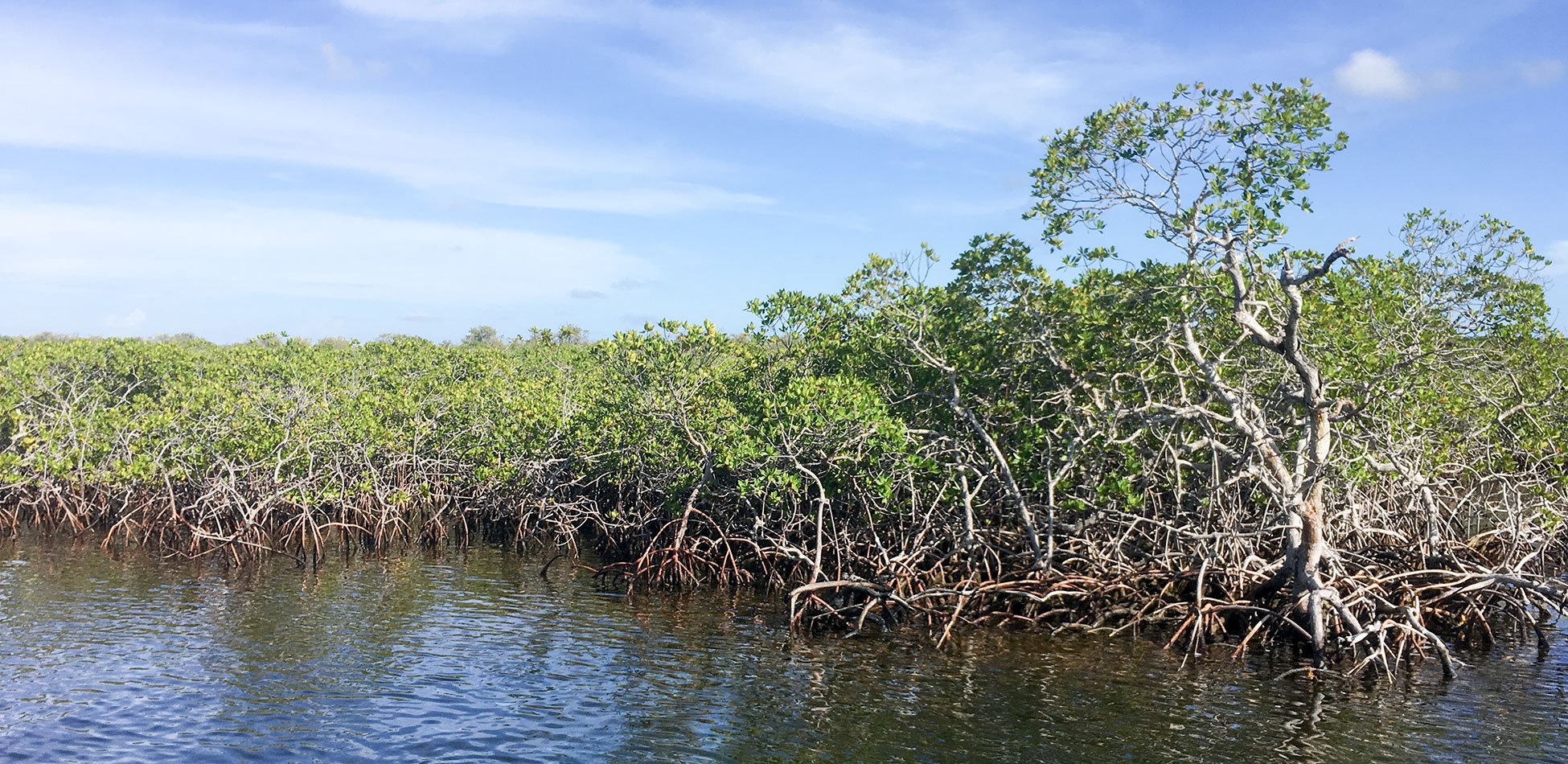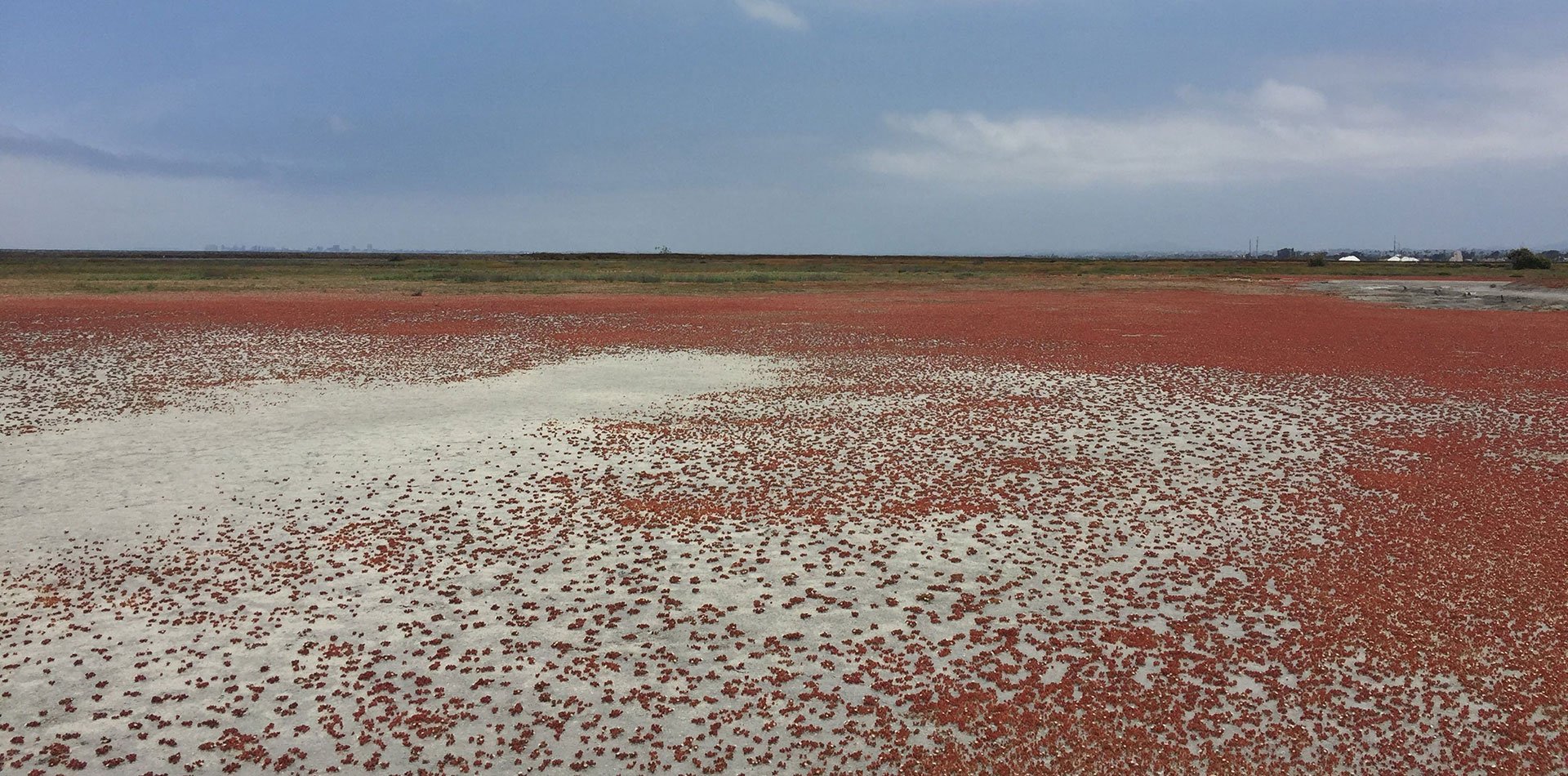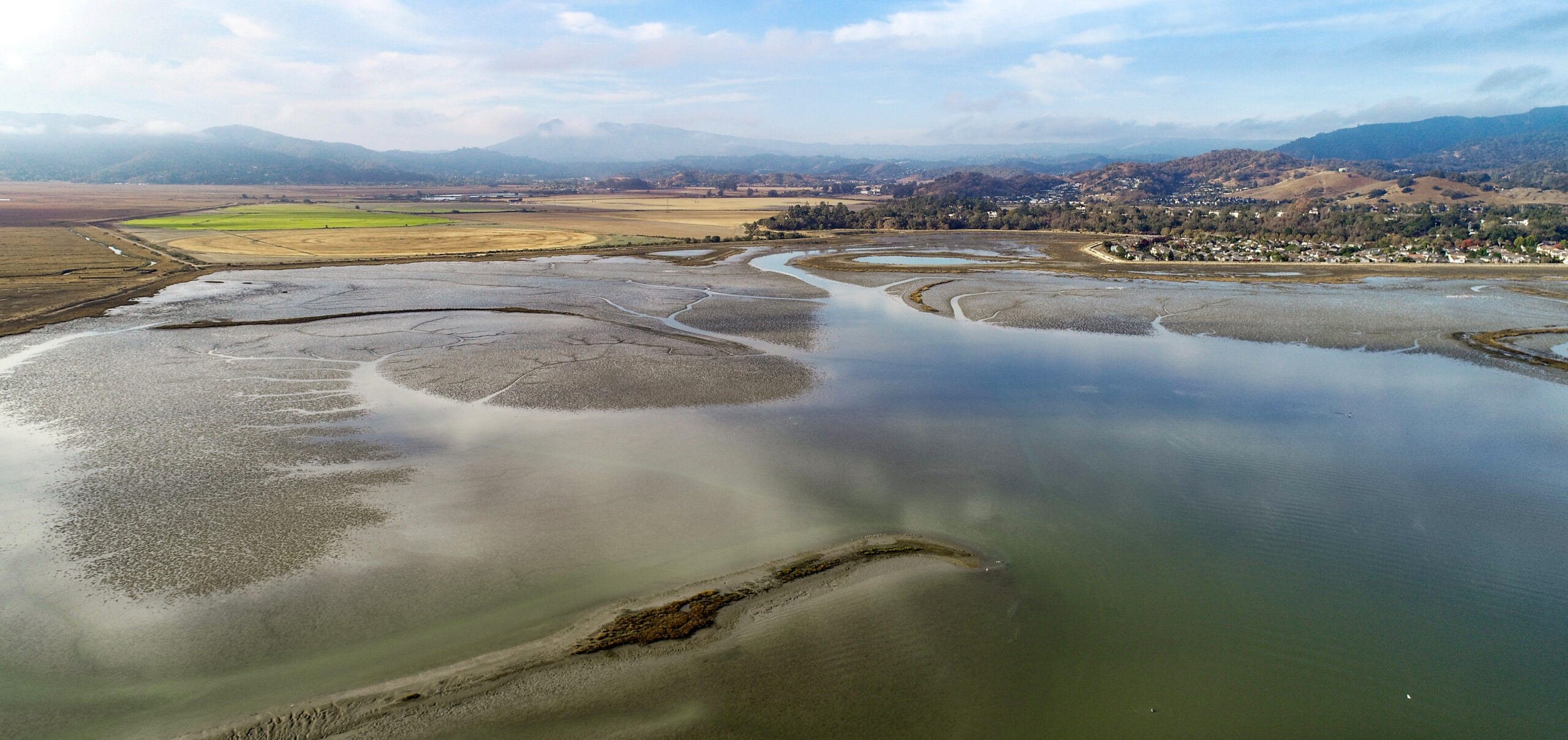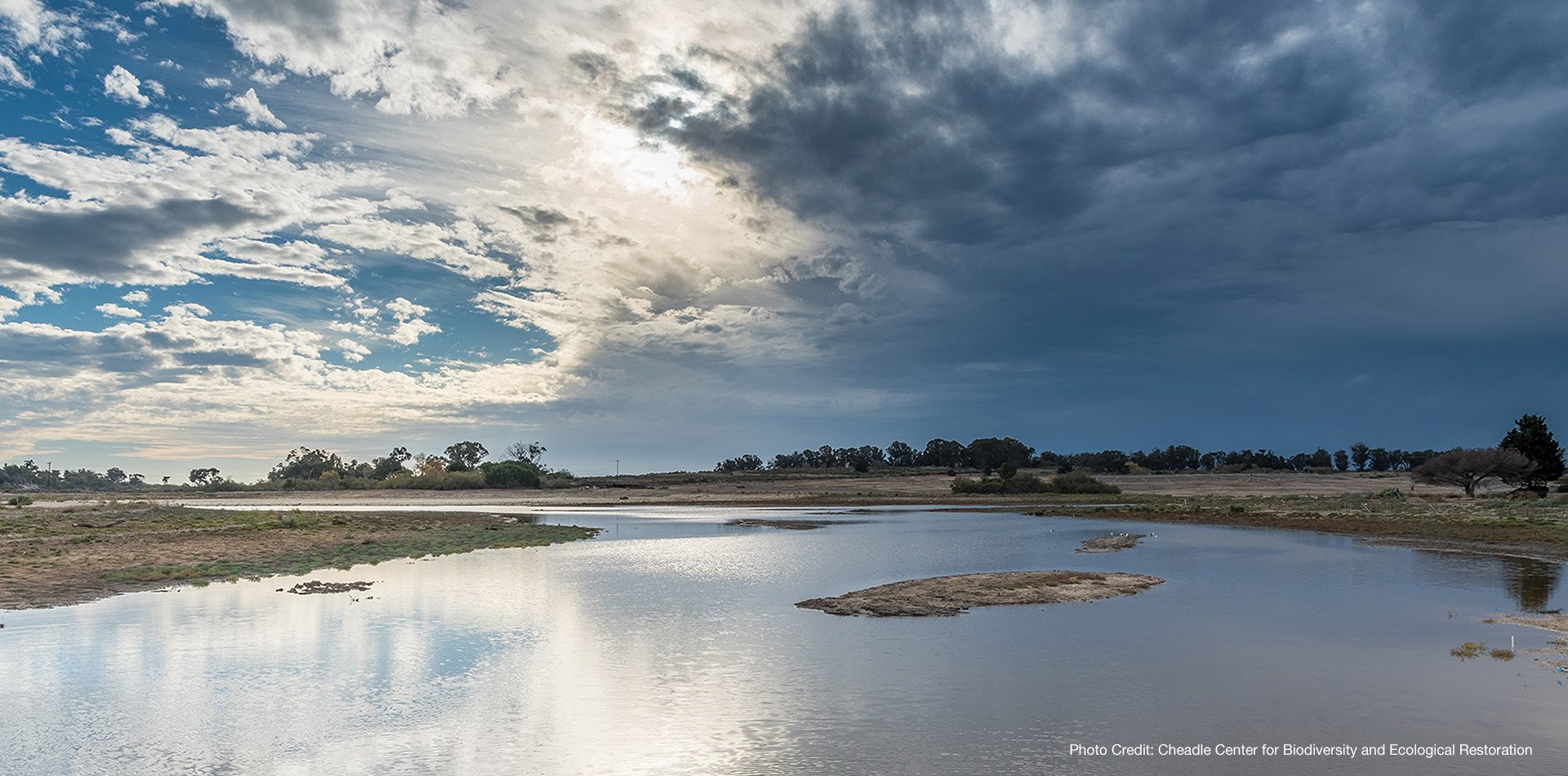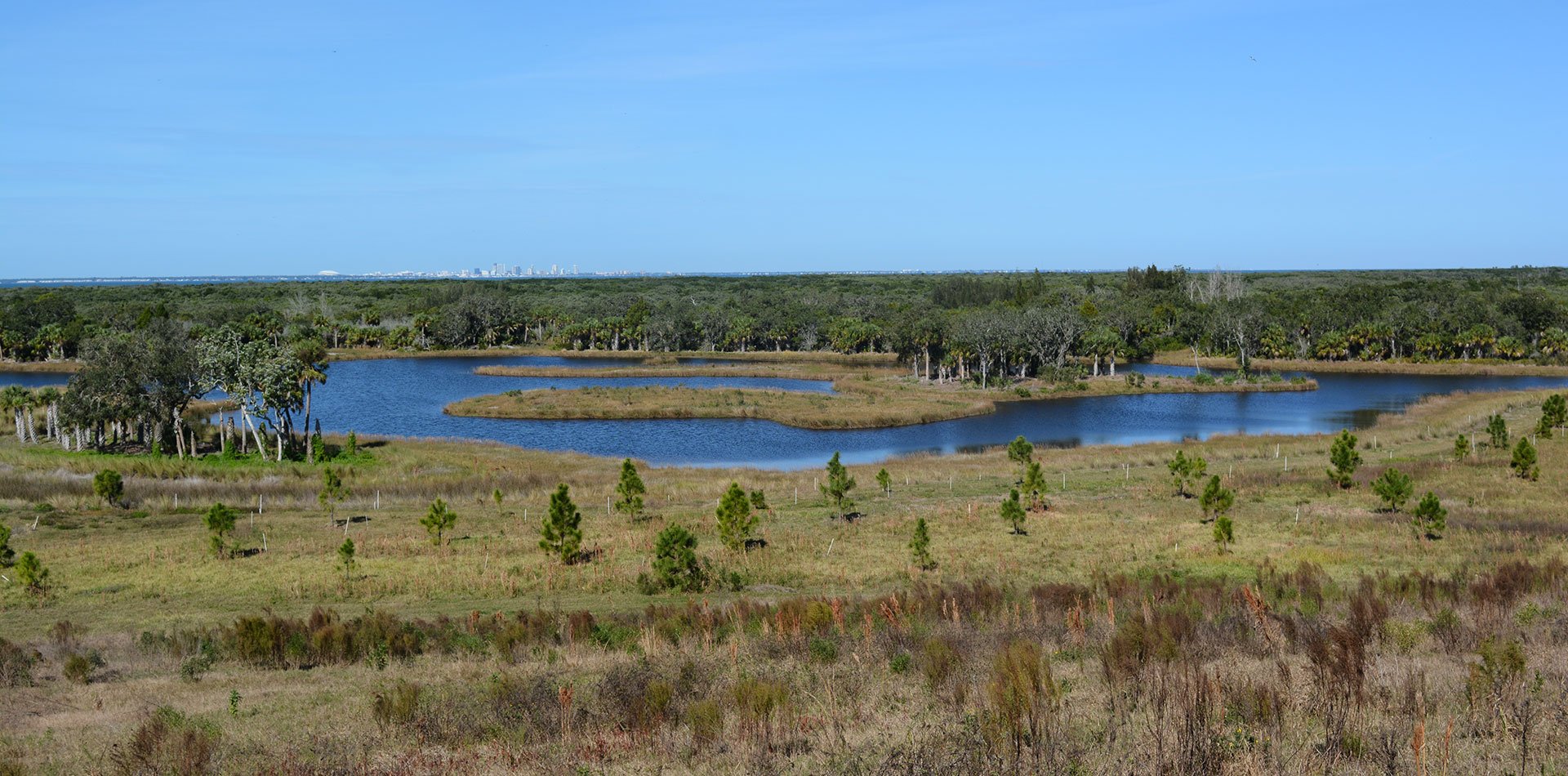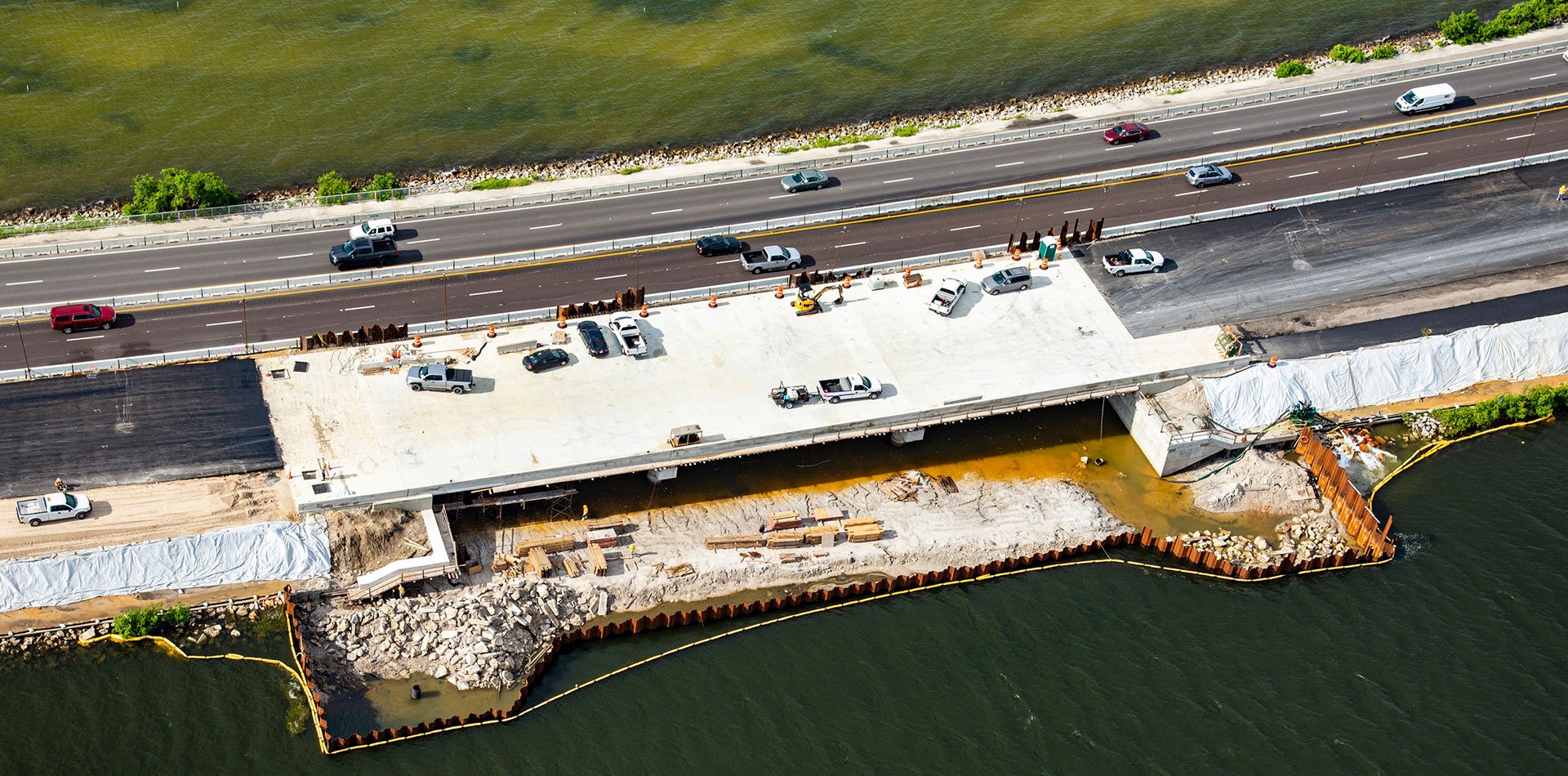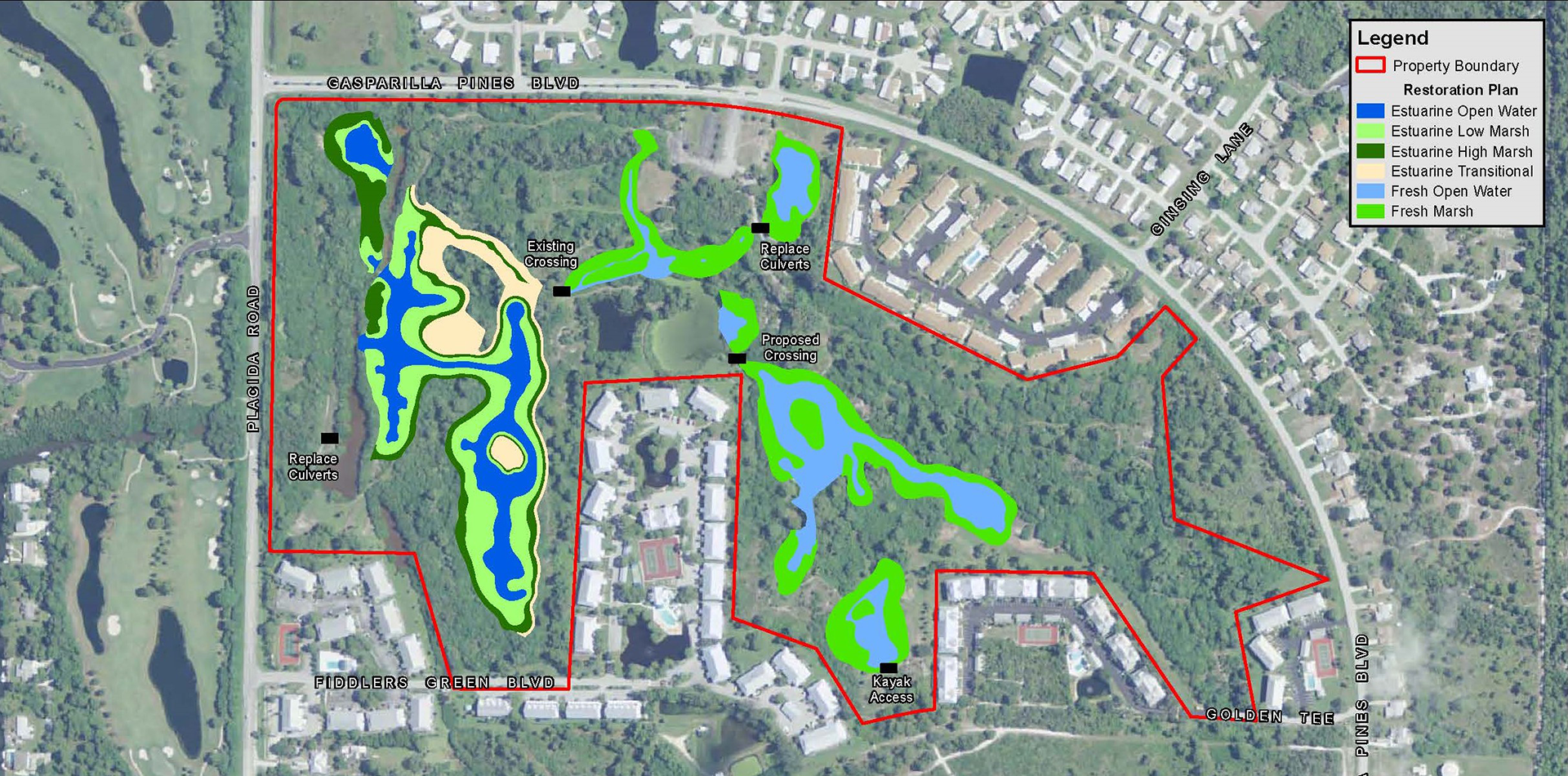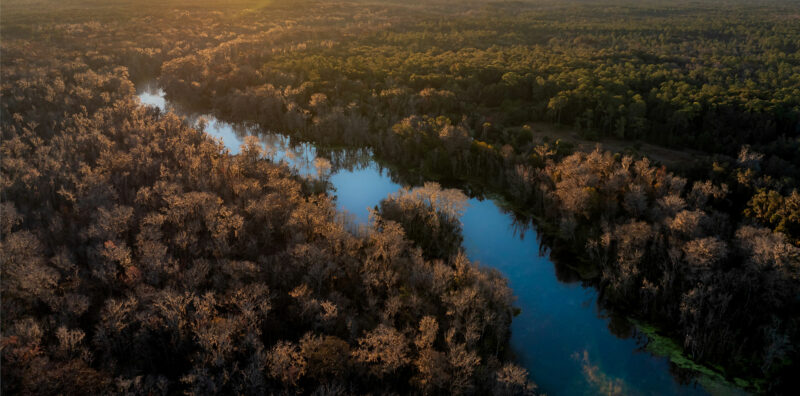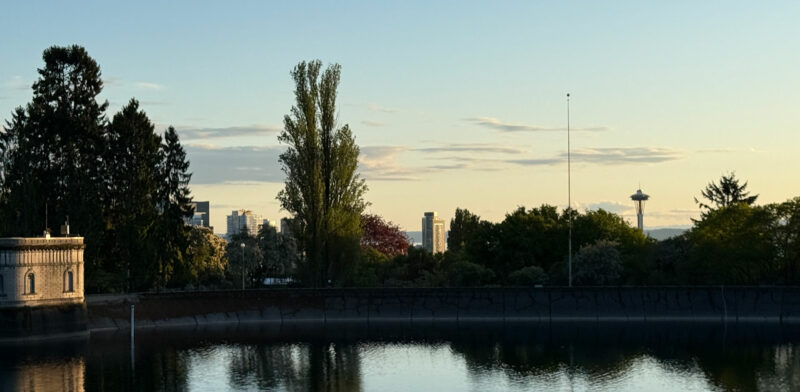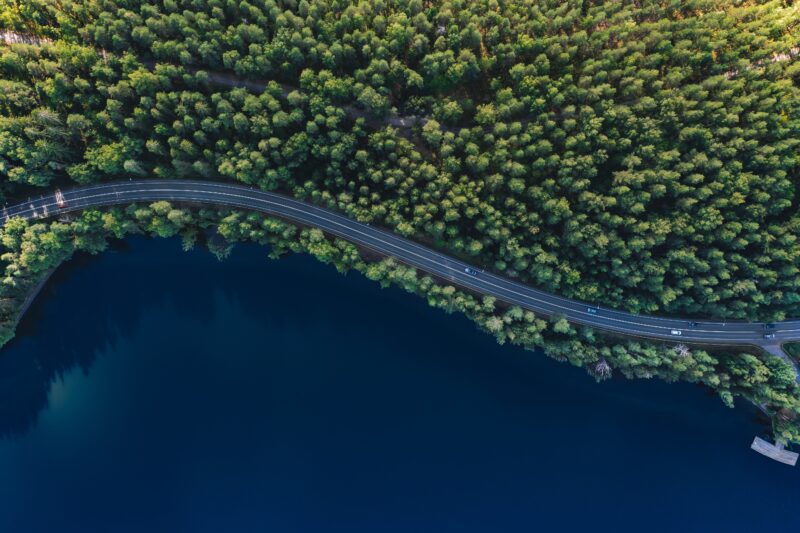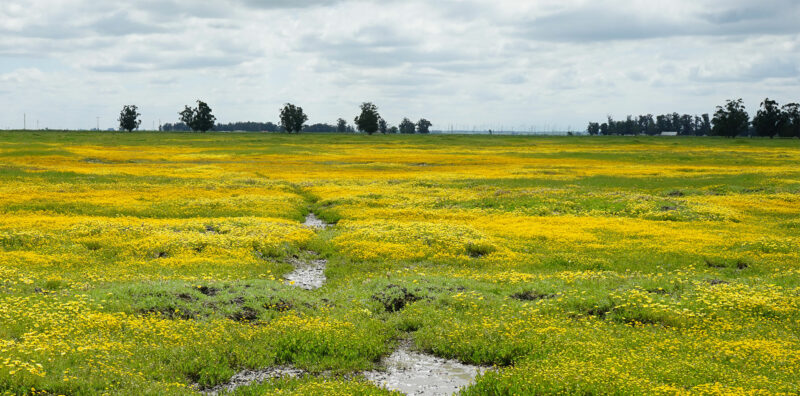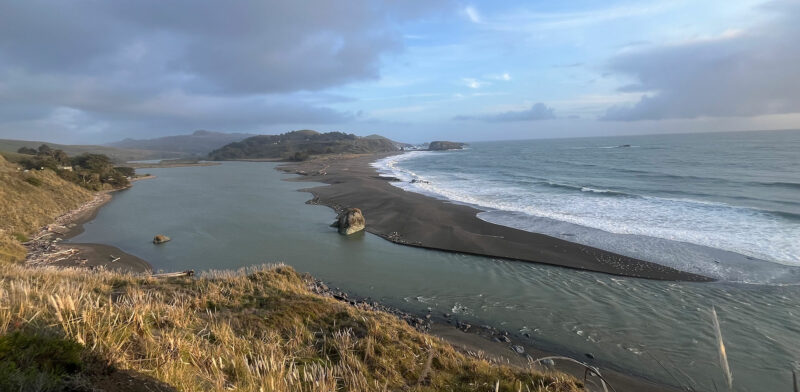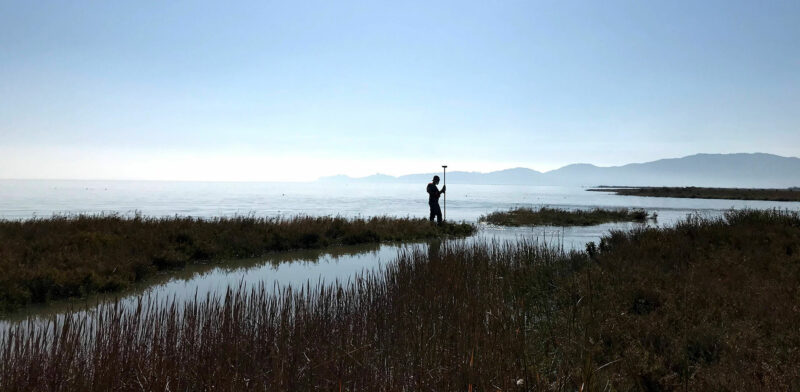To protect critical ecosystems and water supplies amid growing climate and regulatory pressures, ESA partners...
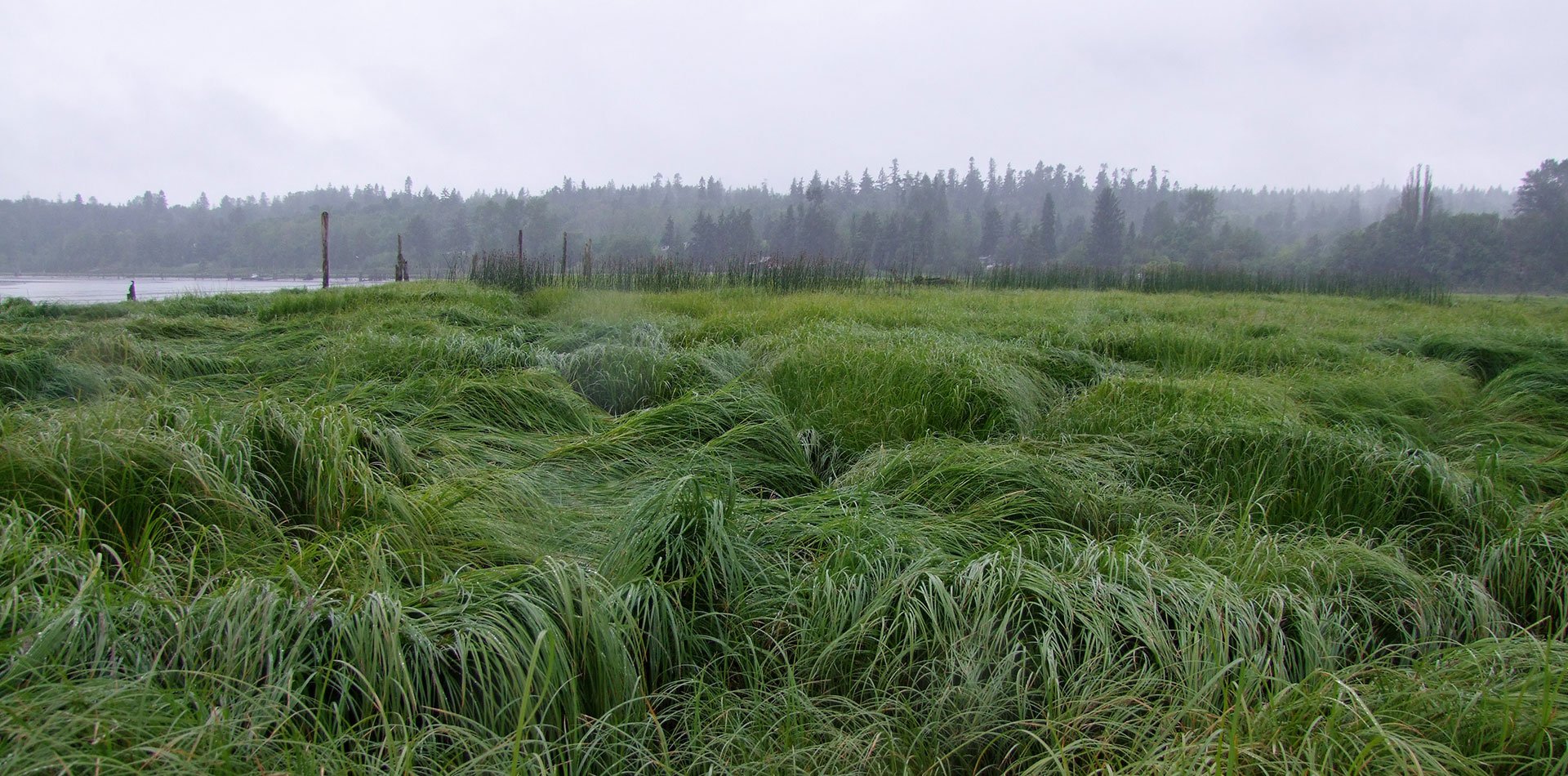
Snohomish Estuary Blue Carbon
The Puget Sound has a long and successful history of wetlands restoration, rebuilding parts of the ecosystem that once was. Blue carbon is becoming recognized as a value-added benefit, linking management of wetlands for environmental quality with reductions in global warming and building resilience to the changes that will come.
Why does this project matter?
The Snohomish estuary is representative of the region with extensive clearing and drainage of wetlands and an active and community supported program of restoration activities. Potentially, the landscape of the Snohomish and neighboring estuaries offers relatively high resilience to sea level rise potentially allowing climate change adaptation and mitigation to be combined.
What is ESA doing to help?
The “Coastal Blue Carbon Opportunity Assessment for the Snohomish Estuary” assesses the potential impact of estuary restoration on sequestered soil carbon stock. In this study, based upon field and GIS analysis we quantified historic emission with wetland conversion and quantified carbon sequestration benefits of ongoing wetlands restoration activities and potential wider benefits should restoration be expanded. The analysis also included an assessment of the impacts of sea level rise on carbon sequestration.
ESA also provided technical contributions to Restore America’s Estuaries during briefings at Offices of Congress, White House Administration Offices (CEQ, OMB) and Federal agencies.
Connect with our team
Details
Client Restore America’s Estuaries
Location Puget Sound, Washington
Market Natural Resource Management
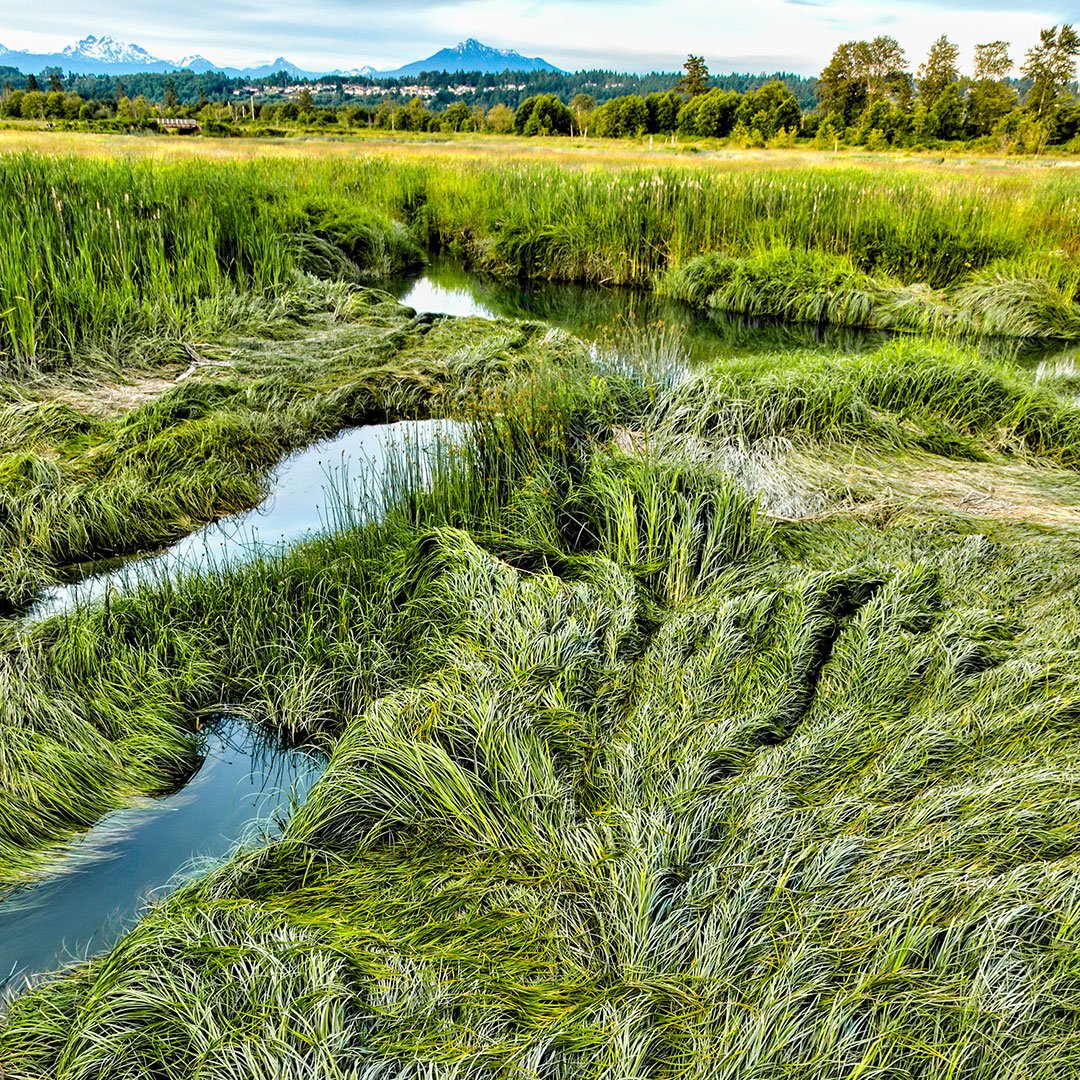
Similar Projects
News & Ideas
Just wrapped up my first Environmental Markets Conference (EMC) in Seattle last week, and wow,...
Coastal habitats like seagrass meadows, salt marshes, and mangrove forests are among our planet’s most...
ESA is once again a proud sponsor for this year’s Environmental Markets Conference in Seattle,...
ESA is pleased to sponsor, present, and attend this year’s 42nd Annual Salmonid Restoration Conference...
ESA is excited to sponsor, present, and attend this year’s Annual Conference of the California...

